Art psychotherapy is emerging as a powerful tool in London, helping schools and families support children with autism, emotional challenges and complex needs through creative and effective methods.
The number of UK registered art therapists has surged from 3,715 in 2015 to 5,879 in 2025.
Meanwhile, nearly 560,000 young people in London under 18 used NHS services each month in 2023/24, highlighting the increasing pressure on traditional mental health support.
Art psychotherapy growth and usage in schools
“Art appeals to both children and adults more than trying to think through things in a purely verbal way,” said James Williams, lead art therapist for Camden schools.
He describes art psychotherapy forms a unique three-way bond between client, therapist, and artwork.
“The process is about what you’ve made, and how we understand you through that,” he added.
Williams leads the Creative Arts Therapy Service (CATS), a pilot programme launched in Camden primary schools in 2023 which provides early mental health support without requiring formal CAMHS referrals.
Since its inception, CATS has tripled in size and is expanding to other London boroughs.
Many children accessing the service live with neurodevelopmental conditions or trauma.
Art psychotherapy complements conventional treatments, particularly for those who find verbal expression difficult.
Beyond schools, it plays a vital role in NHS trauma, inpatient, and recovery services.
Inspiring children and the next generation of therapists
The growth of art psychotherapy in London reflects its vital role in nurturing children’s emotional wellbeing and inspiring families and future therapists alike.
Claire Bennett, whose child uses art psychotherapy to support autistic expression, said: “Art therapy has made a huge difference to our lives.
“Our son looks forward to his sessions, and it’s wonderful to see him express himself in a way we didn’t think was possible.”
Demand is rising among students too.
Roehampton University student Mariella Hall said: “Competition for courses at universities like Goldsmiths and Roehampton is fierce.
“However, its growing demand made it a promising career.”
As part of her training, Hall creates her own artwork; an essential reflective practice in art psychotherapy.
Now gaining hands-on experience at the Tavistock Centre, she is preparing to support others through creative healing.
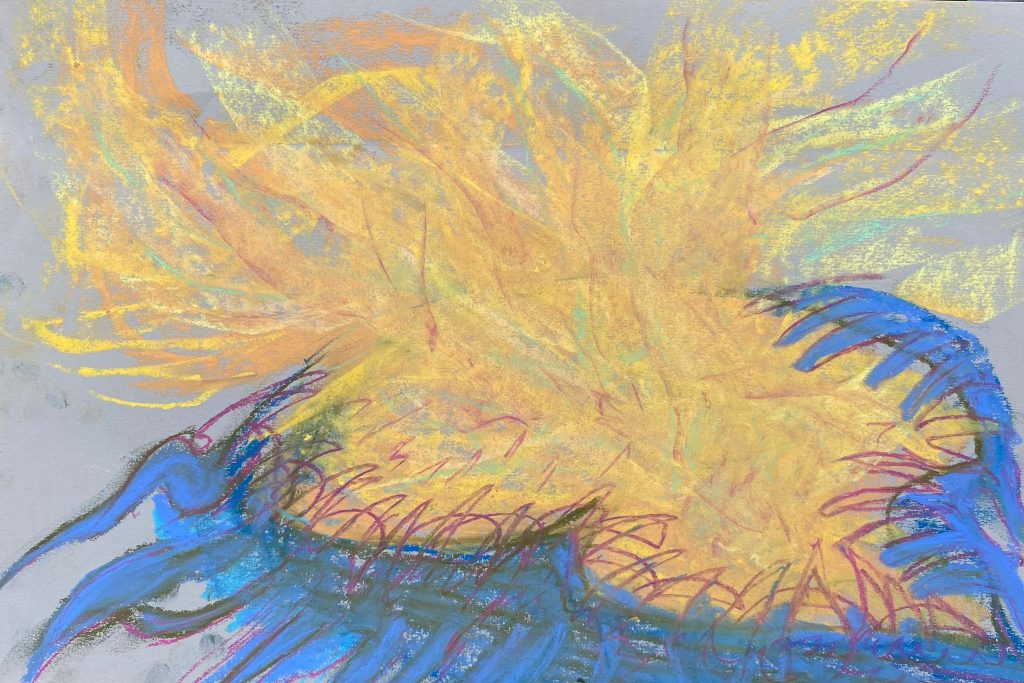
Meeting demand with professional expertise
According to the British Association of Art Therapists (BAAT), 68% of members work with children and young people, with over a third based in schools.
A 2024 survey found that 43% of UK adults would consider art therapy, making it the most popular group creative therapy nationwide.
Clinical studies show art psychotherapy can significantly reduce anxiety symptoms, fuelling its rising popularity and effectiveness.
Williams highlights the profession’s rigorous training, which includes personal therapy and ongoing reflective art-making.
He added: “We’re not trying to create more artists.
“We’re helping people use art as a tool for health – which is a big shift.”
With the global art therapy market projected to grow from $1.38 billion in 2023 to $3.68 billion by 2032, creative care is becoming an essential support tool for children with complex needs.
Though much of the growth focuses on children and schools, art psychotherapy continues to provide vital support for adults facing emotional and mental health challenges.
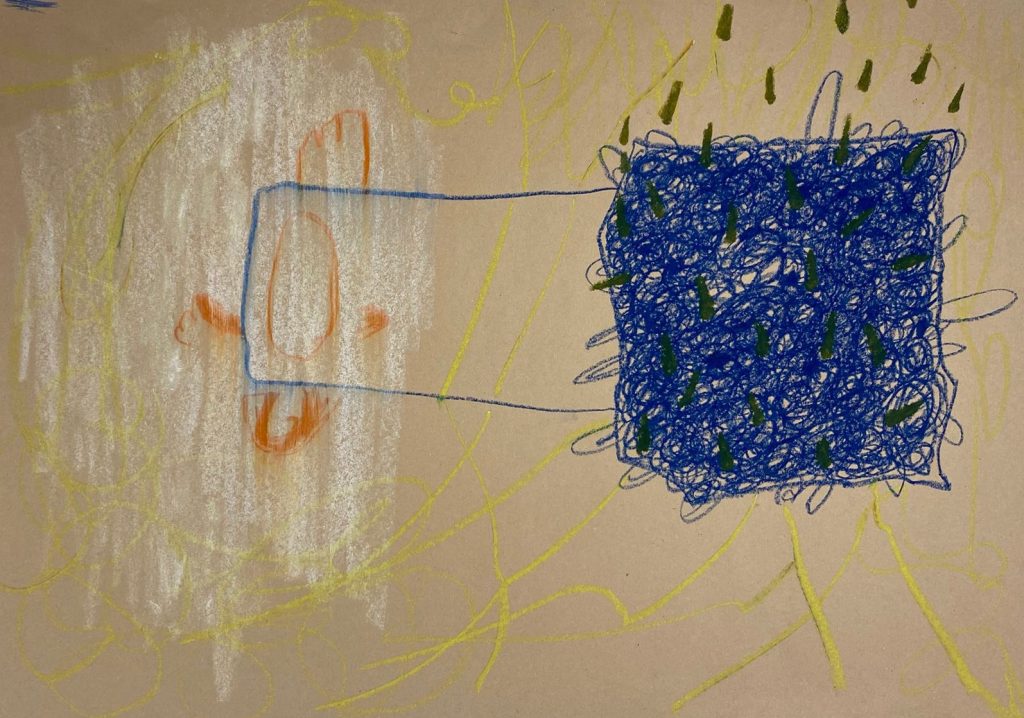
Image credit Przemek Klos and Mariella Hall.
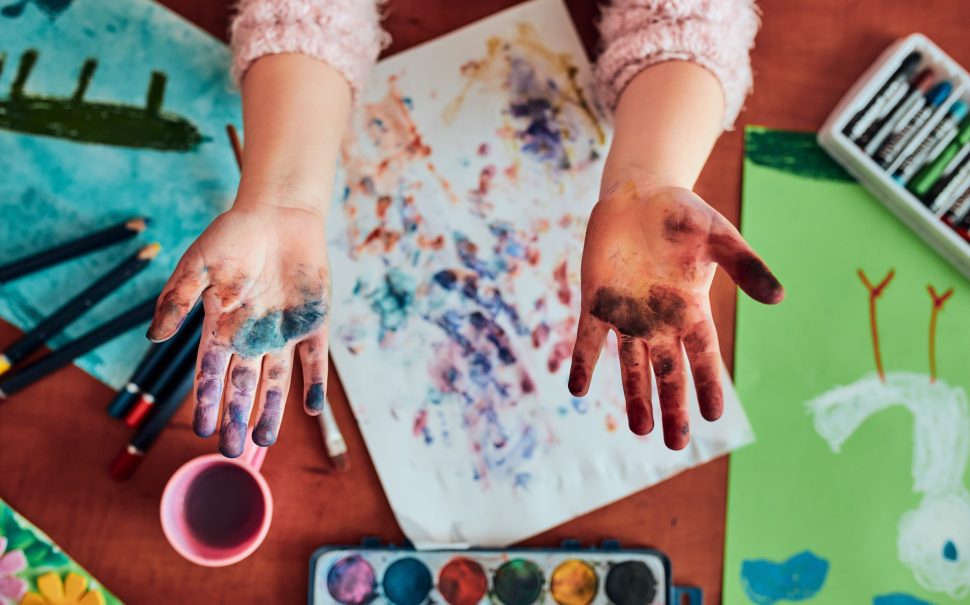
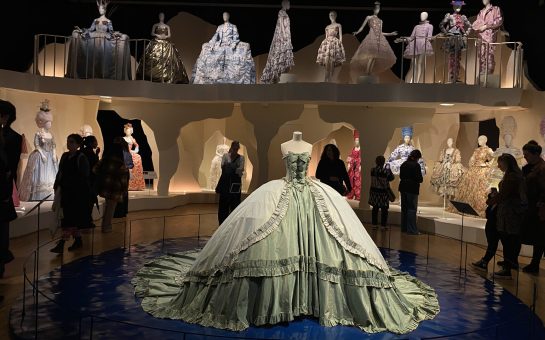
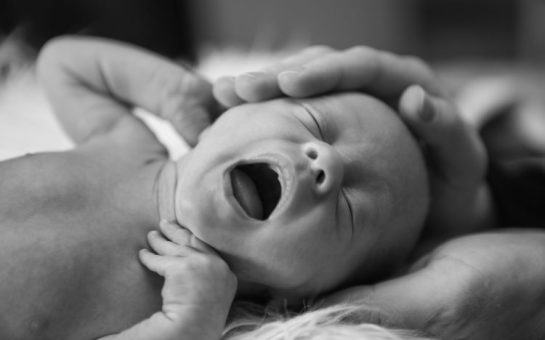


Join the discussion